Refine listing
Actions for selected content:
2251 results in Cambridge Elements

The Child's Environment
-
- Published online:
- 20 October 2020
- Print publication:
- 19 November 2020
-
- Element
- Export citation

Seeing Perfection
- Ancient Egyptian Images beyond Representation
-
- Published online:
- 19 October 2020
- Print publication:
- 19 November 2020
-
- Element
- Export citation
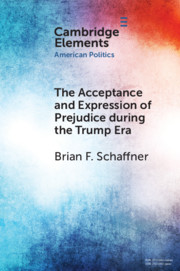
The Acceptance and Expression of Prejudice during the Trump Era
-
- Published online:
- 19 October 2020
- Print publication:
- 12 November 2020
-
- Element
- Export citation
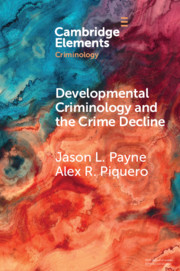
Developmental Criminology and the Crime Decline
- A Comparative Analysis of the Criminal Careers of Two New South Wales Birth Cohorts
-
- Published online:
- 14 October 2020
- Print publication:
- 22 October 2020
-
- Element
- Export citation
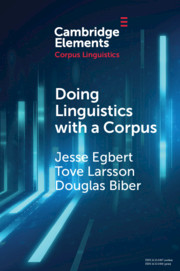
Doing Linguistics with a Corpus
- Methodological Considerations for the Everyday User
-
- Published online:
- 13 October 2020
- Print publication:
- 12 November 2020
-
- Element
- Export citation
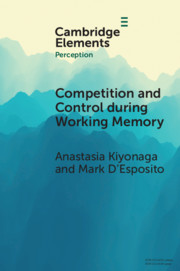
Competition and Control during Working Memory
-
- Published online:
- 13 October 2020
- Print publication:
- 12 November 2020
-
- Element
- Export citation
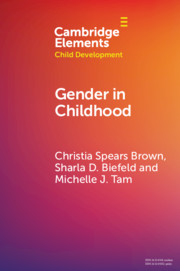
Gender in Childhood
-
- Published online:
- 13 October 2020
- Print publication:
- 12 November 2020
-
- Element
- Export citation
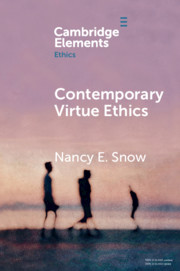
Contemporary Virtue Ethics
-
- Published online:
- 09 October 2020
- Print publication:
- 22 October 2020
-
- Element
- Export citation
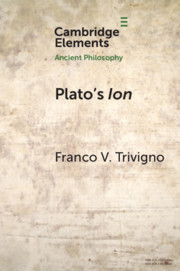
Plato's Ion
- Poetry, Expertise, and Inspiration
-
- Published online:
- 05 October 2020
- Print publication:
- 29 October 2020
-
- Element
- Export citation
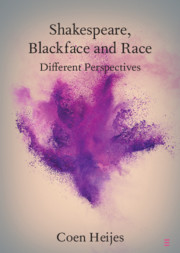
Shakespeare, Blackface and Race
- Different Perspectives
-
- Published online:
- 05 October 2020
- Print publication:
- 29 October 2020
-
- Element
- Export citation
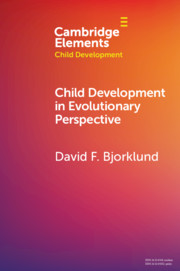
Child Development in Evolutionary Perspective
-
- Published online:
- 02 October 2020
- Print publication:
- 29 October 2020
-
- Element
- Export citation

Playful Virtual Violence
- An Ethnography of Emotional Practices in Video Games
-
- Published online:
- 01 October 2020
- Print publication:
- 29 October 2020
-
- Element
-
- You have access
- Open access
- HTML
- Export citation
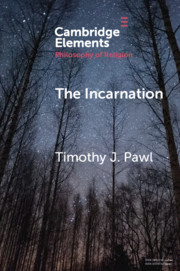
The Incarnation
-
- Published online:
- 29 September 2020
- Print publication:
- 22 October 2020
-
- Element
- Export citation
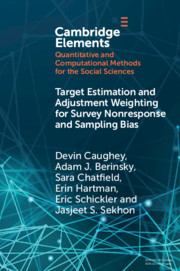
Target Estimation and Adjustment Weighting for Survey Nonresponse and Sampling Bias
-
- Published online:
- 29 September 2020
- Print publication:
- 22 October 2020
-
- Element
- Export citation
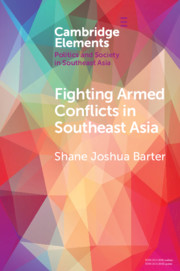
Fighting Armed Conflicts in Southeast Asia
- Ethnicity and Difference
-
- Published online:
- 28 September 2020
- Print publication:
- 08 October 2020
-
- Element
- Export citation

The Frankfurt Book Fair and Bestseller Business
-
- Published online:
- 28 September 2020
- Print publication:
- 22 October 2020
-
- Element
- Export citation
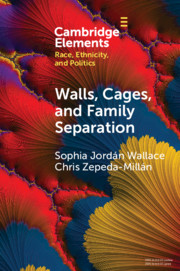
Walls, Cages, and Family Separation
- Race and Immigration Policy in the Trump Era
-
- Published online:
- 28 September 2020
- Print publication:
- 22 October 2020
-
- Element
- Export citation

The TEX86 Paleotemperature Proxy
-
- Published online:
- 26 September 2020
- Print publication:
- 22 October 2020
-
- Element
- Export citation
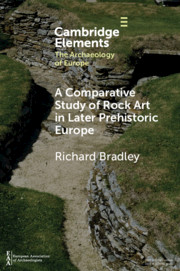
A Comparative Study of Rock Art in Later Prehistoric Europe
-
- Published online:
- 23 September 2020
- Print publication:
- 22 October 2020
-
- Element
- Export citation
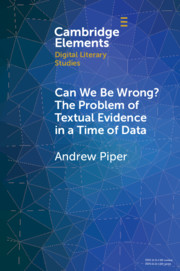
Can We Be Wrong? The Problem of Textual Evidence in a Time of Data
-
- Published online:
- 22 September 2020
- Print publication:
- 19 November 2020
-
- Element
- Export citation
